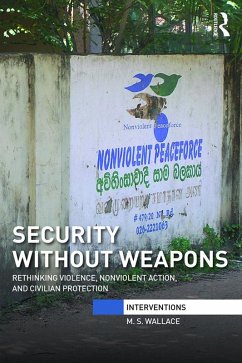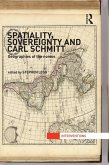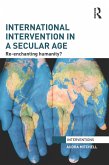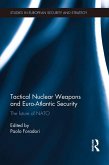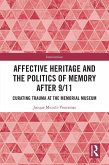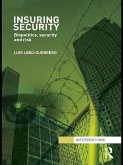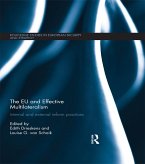After evaluating the pragmatic and ethical failings of military action, the book proposes nonviolent intervention as a third - unarmed, on-the-ground - option for protecting civilians during humanitarian crises. In the empirical section of the book, focusing on the discursive and psychological conditions enabling violence, Wallace analyses the mechanisms by which Nonviolent Peaceforce - an international NGO engaged in nonviolent intervention/ unarmed civilian peacekeeping (UCP) - was able to protect civilians and prevent violence, even if on a limited scale, in the broader context of Sri Lanka's war/counterinsurgency in 2008.
Both philosophically innovative and practically useful to those working in the field, the book contributes to a range of literatures and debates: from just war theory and poststructuralist ethics to nonviolent action and conflict transformation, and from humanitarian intervention, R2P, and civilian protection to strategic theory and discursive and psychological theories of violence.
Dieser Download kann aus rechtlichen Gründen nur mit Rechnungsadresse in A, B, BG, CY, CZ, D, DK, EW, E, FIN, F, GR, HR, H, IRL, I, LT, L, LR, M, NL, PL, P, R, S, SLO, SK ausgeliefert werden.

